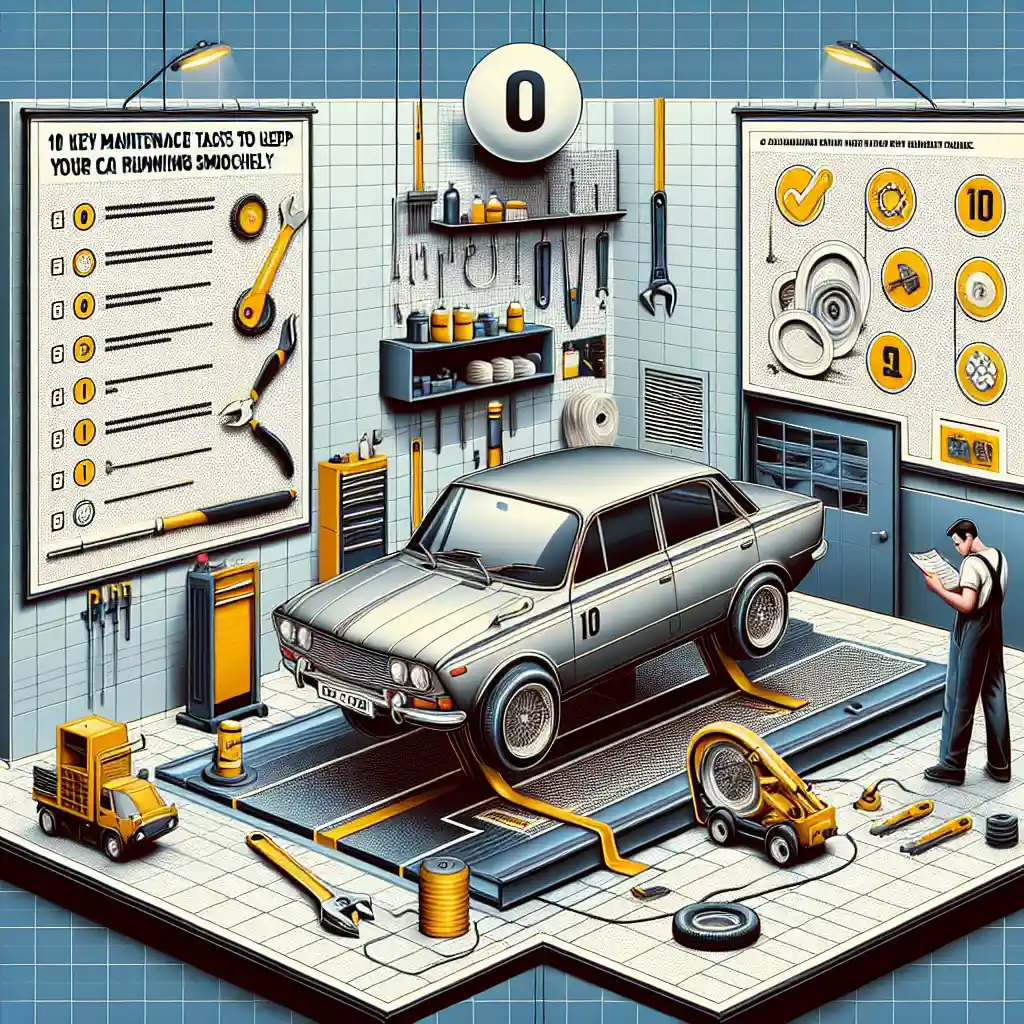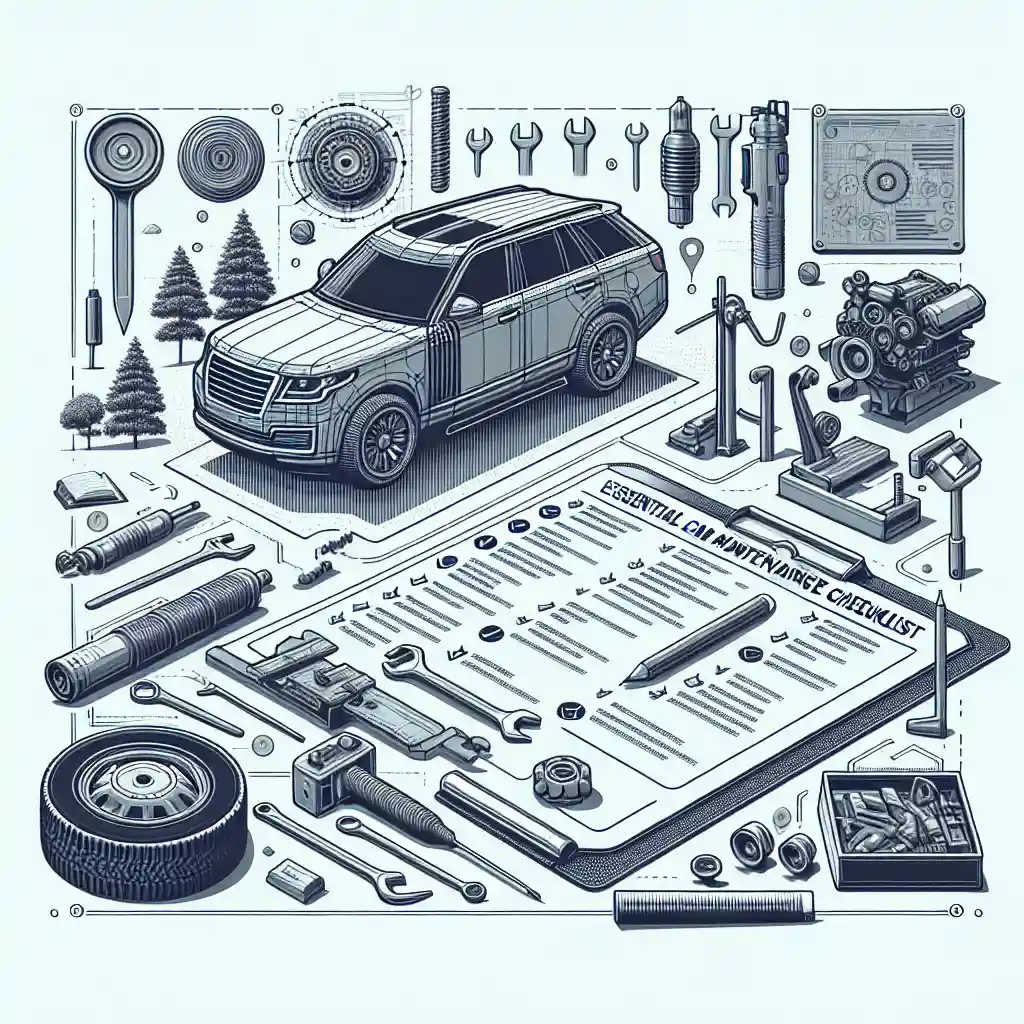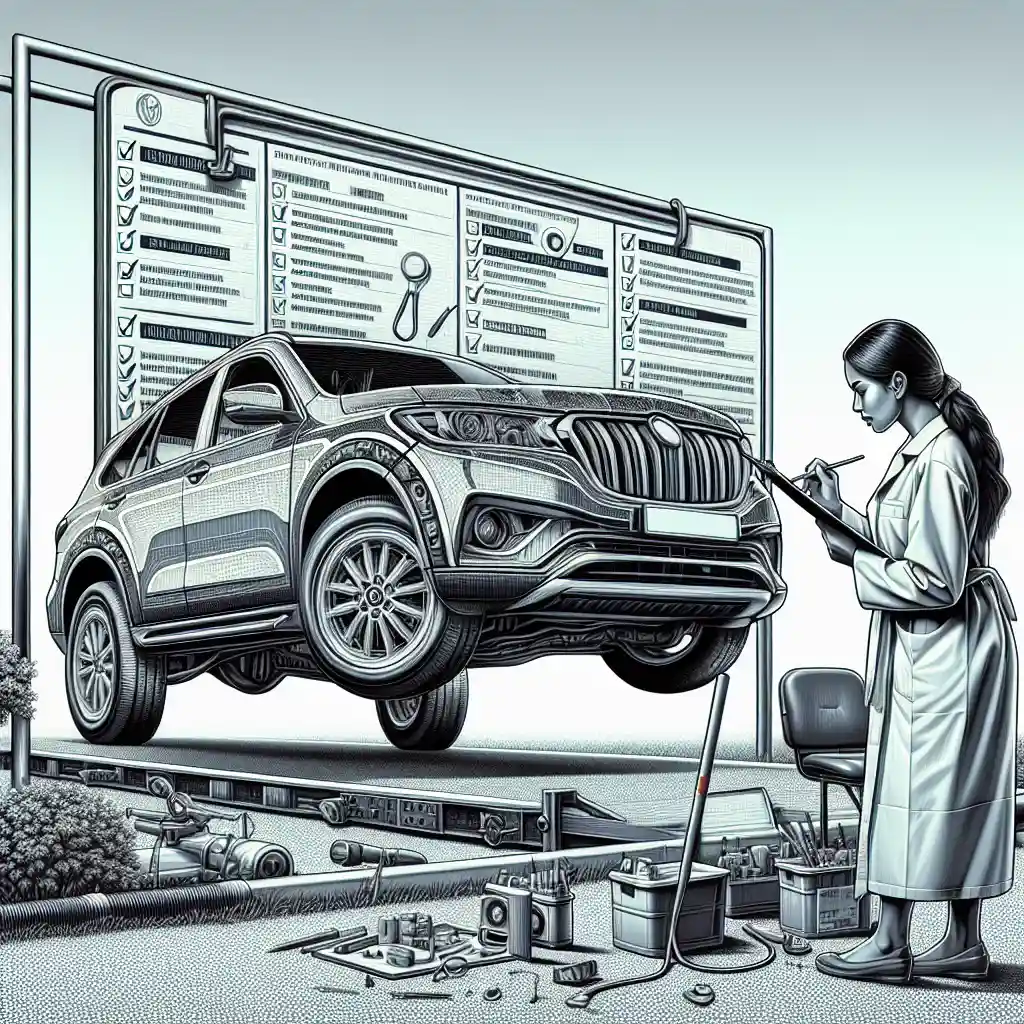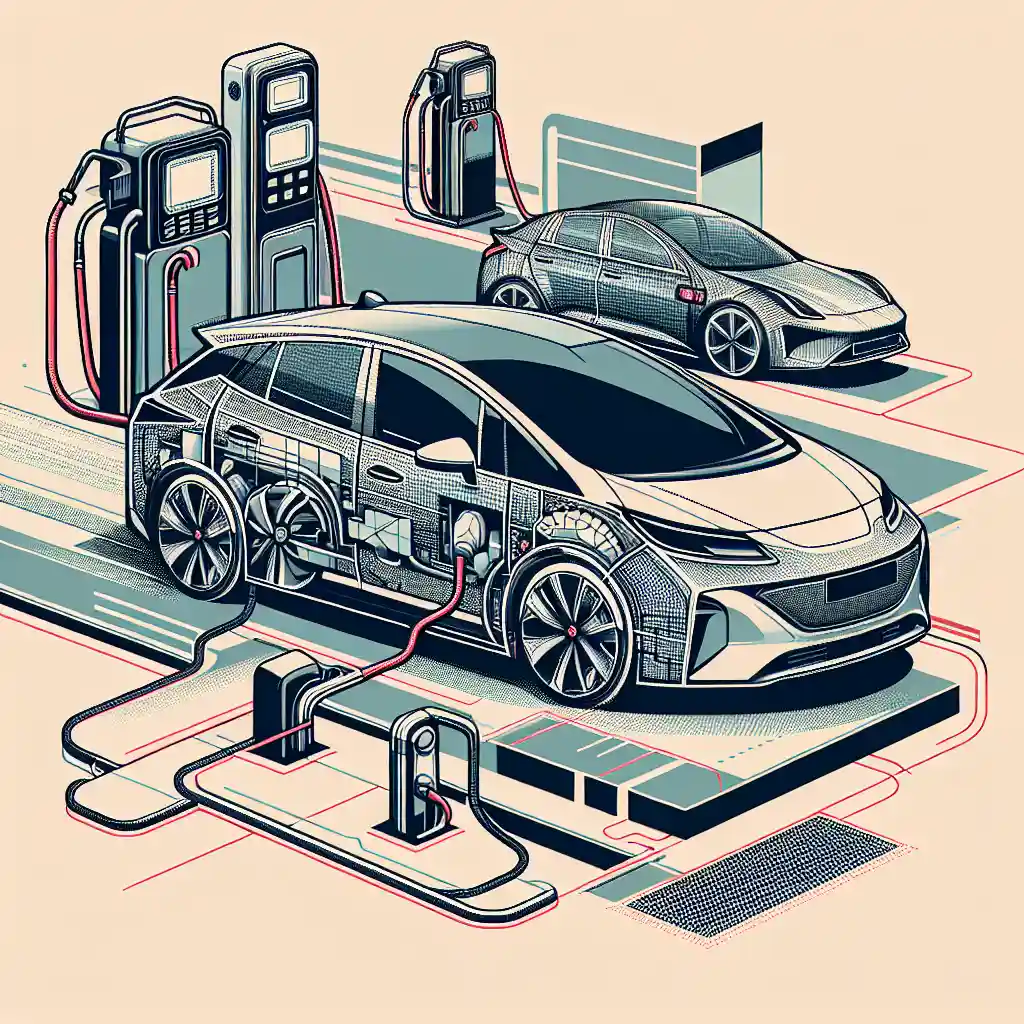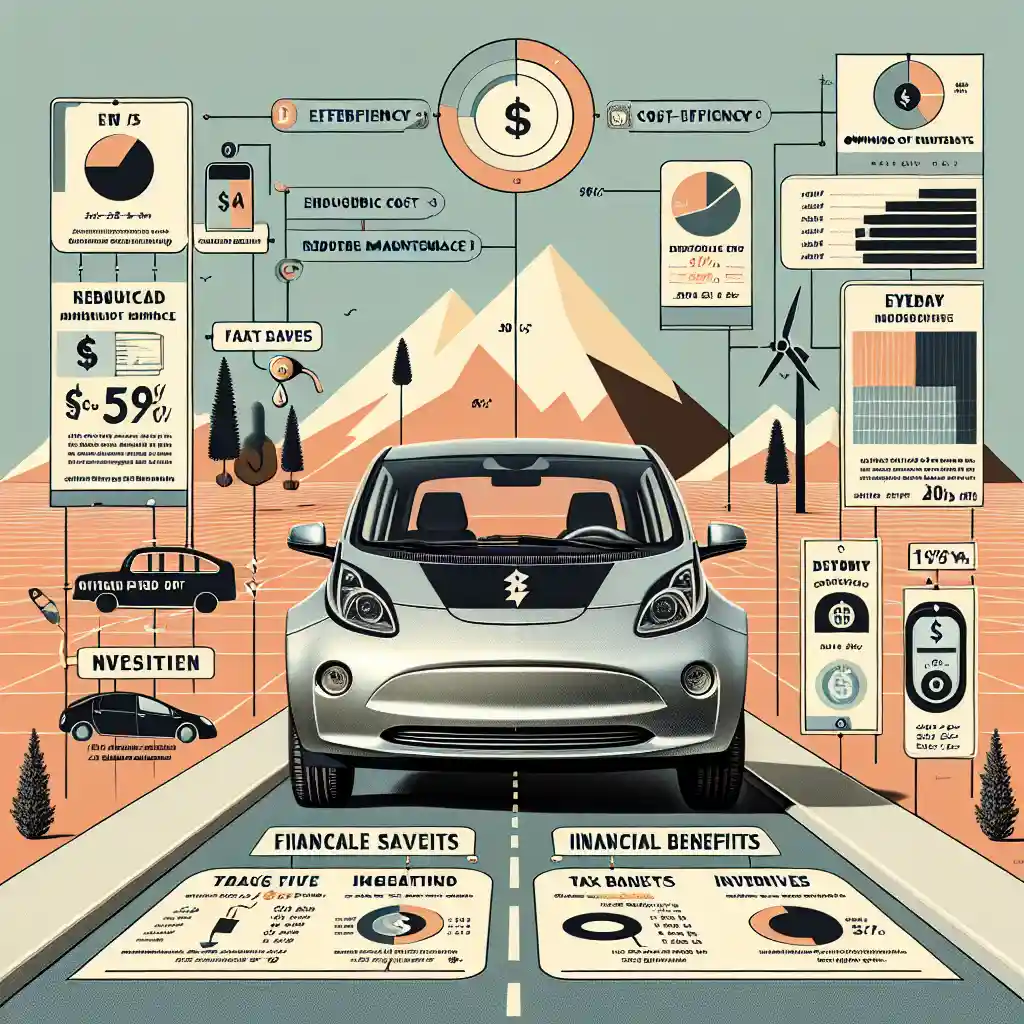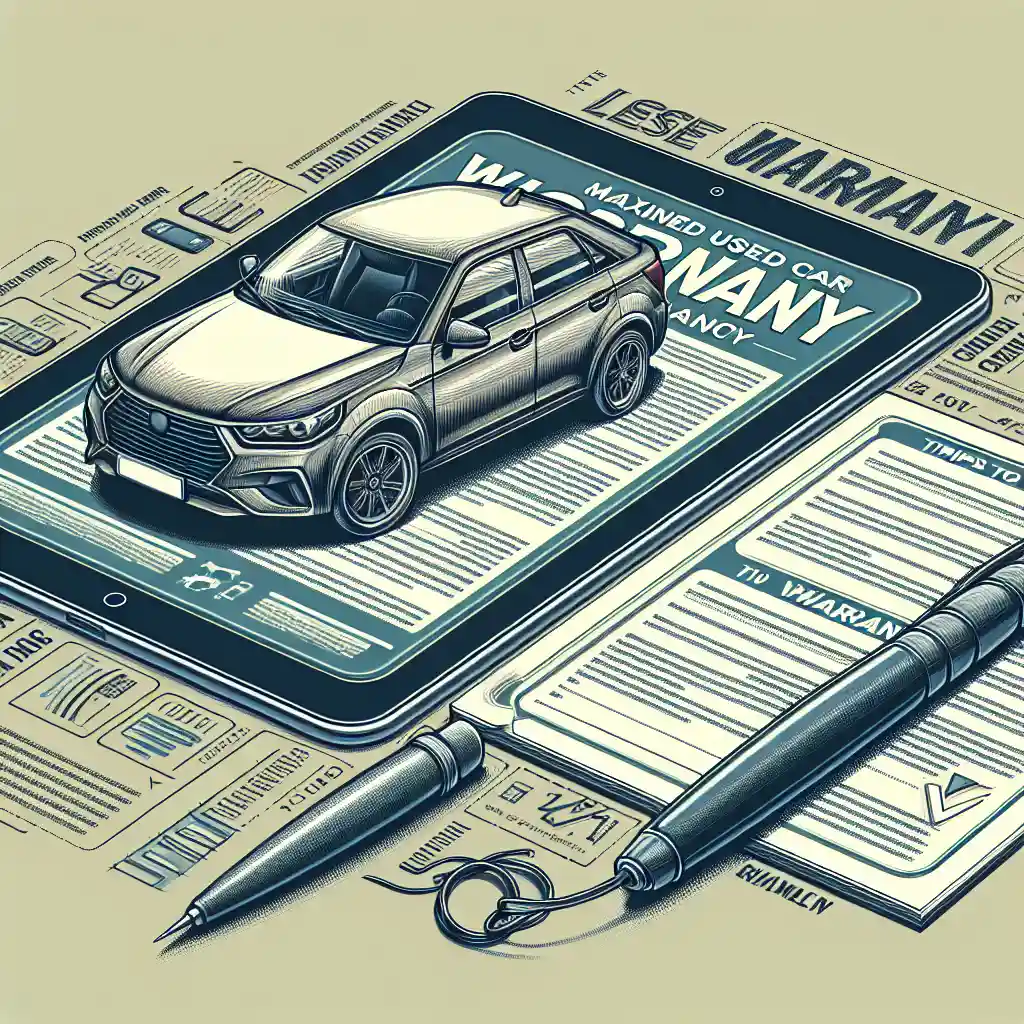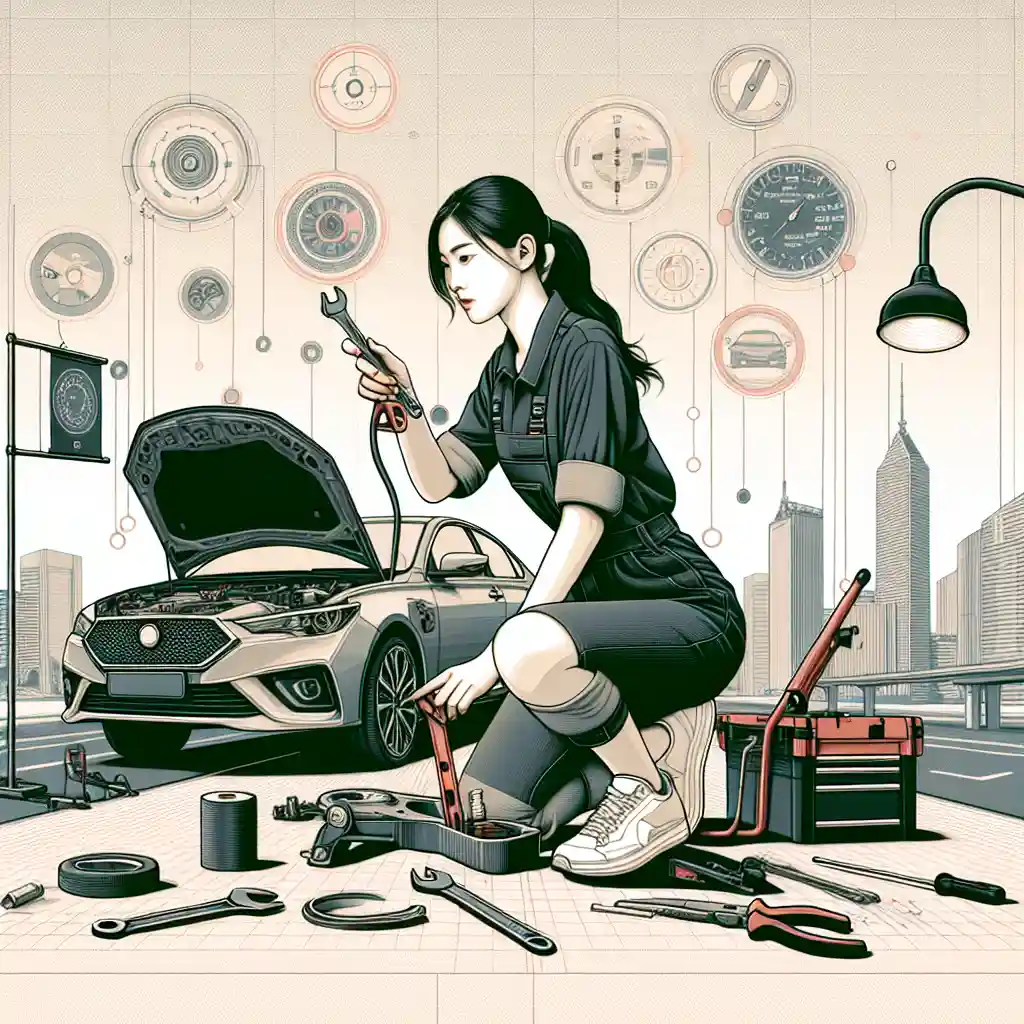7 Essential Tips for Buying a Used Car: What to Look Out For
Are you in the market for a used car but unsure of what to look out for? Buying a used car can be a great way to get a high-quality vehicle at a more affordable price. However, it's essential to be cautious and thorough in your inspection before making a purchase. Here are 7 essential tips to keep in mind when buying a used car to ensure you make the right choice.
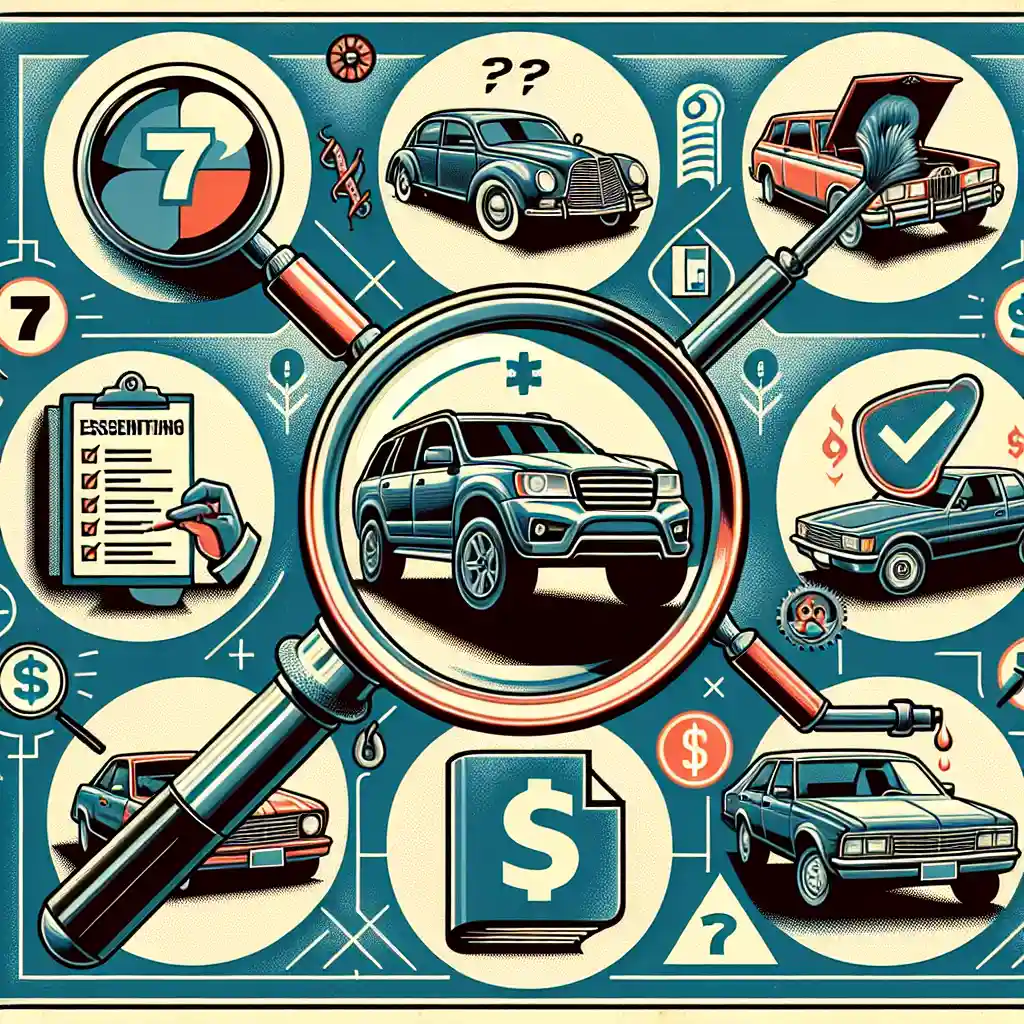
1. Research Thoroughly Beforehand
Before diving into the world of buying a used car, it's crucial to do your homework. Research different makes and models that fit your budget and lifestyle needs. Look into common issues or recalls for the specific car you are interested in and read reviews from other owners. The more information you gather, the better prepared you will be to make an informed decision.
2. Conduct a Detailed Inspection
When inspecting a used car, pay close attention to both the exterior and interior condition. Look for any signs of rust, dents, or scratches on the outside, and check the interior for wear and tear. Take the car for a test drive to listen for any unusual noises or vibrations. It's also wise to have a trusted mechanic inspect the vehicle for any underlying issues before finalizing the purchase.
3. Verify the Vehicle History
One of the most critical aspects of buying a used car is reviewing the vehicle's history report. This report will show any previous accidents, service records, or title issues the car may have. Avoid cars with a sketchy history, as they could potentially have hidden damage or ongoing problems. A clean vehicle history report will give you peace of mind and confidence in your purchase.
4. Don't Skip the Negotiation Process
When buying a used car, don't be afraid to negotiate the price. Sellers often expect some haggling, so make sure to do your research on the car's market value to negotiate effectively. Point out any issues you found during the inspection as leverage for a lower price. Be prepared to walk away if the seller is not willing to meet your price, as there are plenty of other used cars available.
5. Pay Attention to the Fine Print
Before signing any paperwork, carefully review the terms of the sale. Make sure you understand any warranty options, return policies, or additional fees that may be included in the purchase. Ask questions about anything you are unsure about and get clarity from the seller before finalizing the deal. It's crucial to protect yourself and ensure you are making a sound investment.
6. Consider Future Maintenance Costs
When buying a used car, it's essential to think beyond the initial purchase price. Consider the potential maintenance and repair costs of the vehicle, especially if it is an older model or has high mileage. Factor in routine maintenance like oil changes, tire rotations, and brake services, as well as any possible major repairs down the line. Understanding these costs upfront will help you budget effectively and avoid any surprises.
Buying a used car can be a rewarding experience if done correctly. By following these essential tips and conducting a thorough inspection, you can make the right choice and drive away with a reliable vehicle that fits your needs and budget. Happy car hunting!

